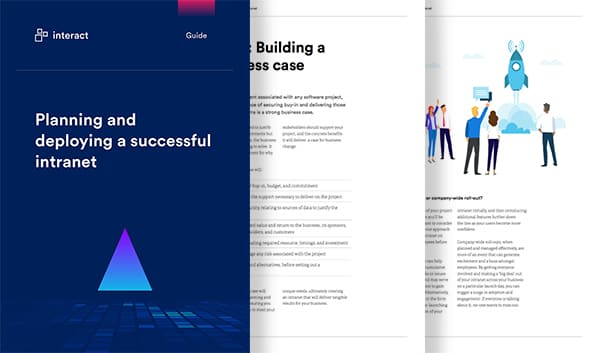Real productivity: 5 tips to stay on top while working remotely
Take a look around: Working remotely is almost as commonplace as the traditional 9-to-5. Coffee shops are filled, co-working spaces are being rented out, and having a home office is a must.
Employers are quickly realizing that the drive-to-work grind isn’t for everyone. Offering flex or remote opportunities works with many lifestyles. However, though there are pros to working at home, the thought of working remotely may cause pause. Blending your home and work life together can easily be a distraction, or worse, a reason for not getting anything done – ever.
To avoid the mess, consider these tips to successfully find endless productivity.
1. Your work environment
One of the most compelling reasons to work remotely is to avoid the dreaded cubicle. Yet that is not the only reason you should consider it. Studies also emphasize the merits of remote work, showing that it is more helpful to productivity than some may realize. Working from home can remove some of the most common work environment distractions like water cooler gossip, impromptu meetings, and loud colleagues.
However, while you’re working hard at home, what does your office space look like? Are you crammed in the corner of your dark apartment? In a cafe that plays too loud music? Sometimes things that are seemingly not a big deal can really do damage to your productivity.
If possible, find a place that you can solely use for work. It does not necessarily need to be a home office. Shared workspaces, libraries, or anywhere you can find a focus friendly area can be beneficial to your productivity. Let it be clean, organized, and efficient so you’ll be able to focus on work instead of the many other things in the quest for a work/life balance.
2. Setting boundaries
This might be the biggest culprit to unsuccessfully working remotely. It doesn’t matter if you’re working full time – you’re at home, and people take notice. You may have been able to escape the distractions of the office by working from home, but for those of us that do not live 100% alone, being fully focused may prove equally as distracting.
Family and friends may support your job, but they often do not understand that even though you’re home, you’re not able to play.
“In the workplace, there’s some evidence that distractions cause more distractions. In other words, if you keep getting distracted by external stimuli, your mind’s more likely to wander off on its own accord.” (Gloria Mark, ‘Multitasking in the Digital Age’)
Setting very clear boundaries like, “I’m not available during X hours,” and sticking to them will help your loved ones value your time better. This will also give you a set amount of hours to work in the day to build a solid routine around.
3. Schedule time to connect
The desire to do your job from the comfort of your home is a common one. However, the human interaction that comes with going into the office is something remote workers may not realize they miss. Concentration may waver when you spend too much time alone. Sometimes, you don’t know the progress you’re making within your company on a human level.
A recent survey by VitalSmarts revealed that remote workers may experience more workplace politics than some of their onsite teammates. 52% of remote workers found their colleagues treat them unfairly while 67% of remote workers claim their colleagues don’t support their priorities. The distance many employees enjoy while working remotely can cause a chasm in employee relations if they are not careful.
Though we are more connected than ever to our electronics, periodically schedule a meeting – either electronically or by phone – for a heart-to-heart. Going over things in a candid way brings in a human element to your remote job and reminds you that you are working with a group of people to produce something, and not just by yourself. Communication is integral.
4. Automation is your friend
If your job involves making social media posts or scheduling various meetings, there are many tools that help make that process easier and let you focus on other aspects of your job. Difficulty arises when the majority of your time is spend scheduling or replying to email after email. Automation tools help plan posts ahead of time, send out emails, and if you’re trying to gain clients – they even do follow-ups to potential leads.
The benefits of using these tools are long-reaching and go past just saving time. On average, 51% of companies are currently using Marketing automation. With more than half of B2B companies (58%) planning to adopt the technology. By simplifying what are usually time-consuming tasks for marketers, automation tools improve overall operations and leave remote workers with the ability to focus on the next big task. Once you have automation down, you start running like a well-oiled machine.
5. Analyze your productivity
This may seem “anti-productive” at first, but keeping notes or a journal of your workday will bring more self-awareness of how much was done, how long it took, and where to go from there. Many people write in two-hour increments – seeing what you have completed during that time period. This information is then folded into a schedule or calendar to see long-term progress, along with where there is room for improvement in productivity. In other words, you’re competing against yourself!
Being productive isn’t something that we’re born with. It’s a skill set that we learn with time and discipline. With flexibility and awareness, working remotely can be an enjoyable and interactive experience. You’ll be able to create your own work routine, automate things with the latest tech on the market, and have meaningful communications with clients and colleagues.
Josh Elkin is the founder of Best Coast Marketing
